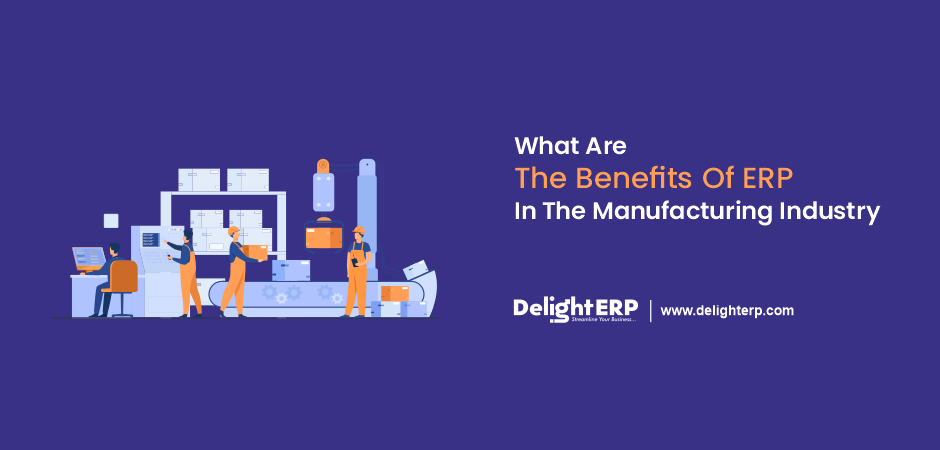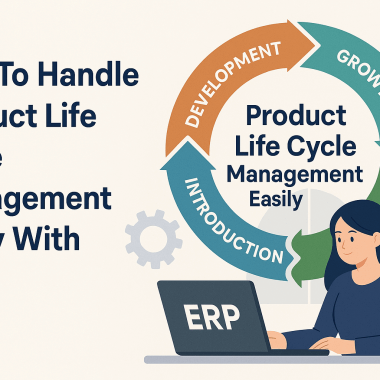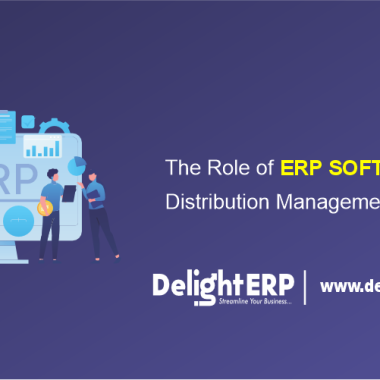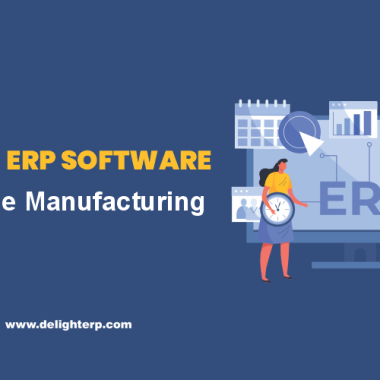Introduction
In an industry such as manufacturing, where efficiency is constantly needed yet tough to find, enterprise resource planning (ERP) software can be a game-changer. Fortunately, with best-of-its-kind software solutions, it has become possible for employees to work synergetic, no matter where they are, and irrespective of the time.Manufacturing ERP is a centralized method of managing all aspects of facility operations and processes, from production to payroll. ERP software permits unprecedented visibility, coordination, and management across the different processes that make up a business — ultimately resulting in greater operational efficiency.
Problems occur because of not using ERP software for the manufacturing industry like:
- Data collection error
- Inaccurate reports
- Low production quality
- Lack of planning and scheduling
- Increasing costs with shrinking profit margins
- Changing customer requirements and expectations
Manufacturers are now investing in exclusive devices and resources, which will focus on improving response time, streamlining business processes, and driving productivity while creating a collaborative workplace.
These devices can be integrated with ERP solutions, which will permit businesses to have a 360-degree view of the entire organization. It increases the quality of manufactured items and brings every department on the same page.
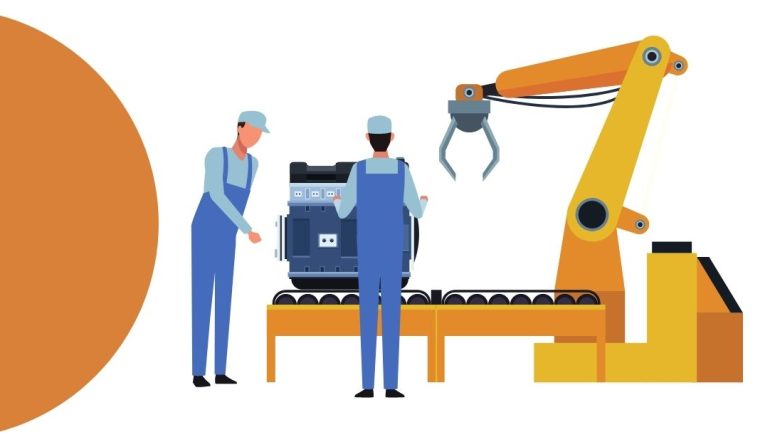
Benefits of ERP Software for the manufacturing industry.
The following are the benefits of ERP Software for the manufacturing industry:
1. Saves time and money
Strong ERP software helps manufacturing organizations decrease the overall operational cost as manual, time–consuming processes are changed by automated, streamlined processes with real-time business information.
When tasks are automated and information is consolidated in a single platform, ERP removes the need for revising, searching for and storing paper documents. ERP decreases errors, saves time, and makes sure no additional costs crop up.
With a strong ERP solution you:
- You don’t need to invest in multiple software programs
- More work can be done in less time
- Operational expenses are cut while improving employee efficiency
- IT can focus more on the important areas of business
ERP reduces costs and increases profitability in an organization. It encourages lean manufacturing, which helps to:
- less financial expenditures
- Decrease in supply expenses
- Modernize your marketing efforts
- Increases in efficient time strategies
- Improve your employees’ skills
- Keep your customers
- Boost product quality
2. Boost productivity
Why forecast?
- To understand the factors that are responsible for increased sales (for example season, trends, etc.)
- To determine maximum inventory levels
- To increase sales and encourage better customer relationships
- To make sure enough stock is on hand to meet customer demand
In manufacturing organizations, planners generally face a crisis-like situation when their company experiences an unexpected demand for a particular product.
Thus, to avoid unfavorable situations, businesses prefer to use an enterprise resource planning software system, which does not disturb the logistics and the whole supply chain process.
ERP brings sanity to production, sales, procurement, and inventory plans. It helps you generate forecasts and sales reports based on historical transactions. This avoids problems by minimizing out-of-stock or excess inventory situations. Plus, its intelligent report capabilities make sure that the company responds easily to complex data. Users can also run their reports without depending on IT personnel.
User-friendly ERP modules make the life of planners easier and less boring. With ERP there is no more manual fetching of data and spending hours creating reports. Users can predict future demand and design material requirement plans properly. Strong business intelligence tools make reporting simpler so that management can get a view of the entire organization.
4. Integrated information leads to collaboration
Is your data still divided into different databases and is difficult to access? ERP holds the key to integrating disparate organizational data and making it easily accessible for users.
- With an ERP system, there isn’t the need to invest in multiple software such as CRM, HRM, MRP, and an accounting tool. You get all of this functionality in a single system with centralized data that is easily accessible.
- ERP removes redundancy and helps you maintain the consistency, accuracy, and quality of the organizational data.
- Consolidated data helps with employee efficiency and productivity.
- It promotes inter-departmental collaborative efforts.
5. Increased data security
Data helps with a company’s growth so it’s essential to have a secure infrastructure. ERP systems have excellent data security. And, managers and supervisors can increase data restrictions on their projects and requirement.
Whatever data you insert in the ERP system, is secured and coded. Older ERP systems were vulnerable to cyber thefts because they required applying manual updates to every single component of the software. With new technologies, the ERP provider releases auto-updates timely, removing the risk of data theft.
6. Mobility and flexibility – increased employee efficiency
Accurate production planning improved control over inventory, streamlined process scheduling, and coordination of distribution channels allowing manufacturers to improve the on-time delivery of products, a critical performance metric. Delivering products on time is important to maintaining customer satisfaction. ERP solutions for manufacturing organizations offer data in real time so decision-makers can get a realistic view of inventory levels at any time.
ERP users can access business data from their mobile phones, tablet, laptop, or computer anywhere and at any time.
Mobile-friendly ERP allows employees easy access to documents to edit and approve on the go. Mobile-friendly applications for the shop floor, warehouse management, etc. help floor managers leverage information.
Conclusion
Companies cannot run successfully for long without an Enterprise Resource Planning system. It unifies business data and makes it seamless for the employees to use. If you are interested in knowing more about how a manufacturing ERP can help your organization, please contact us.

